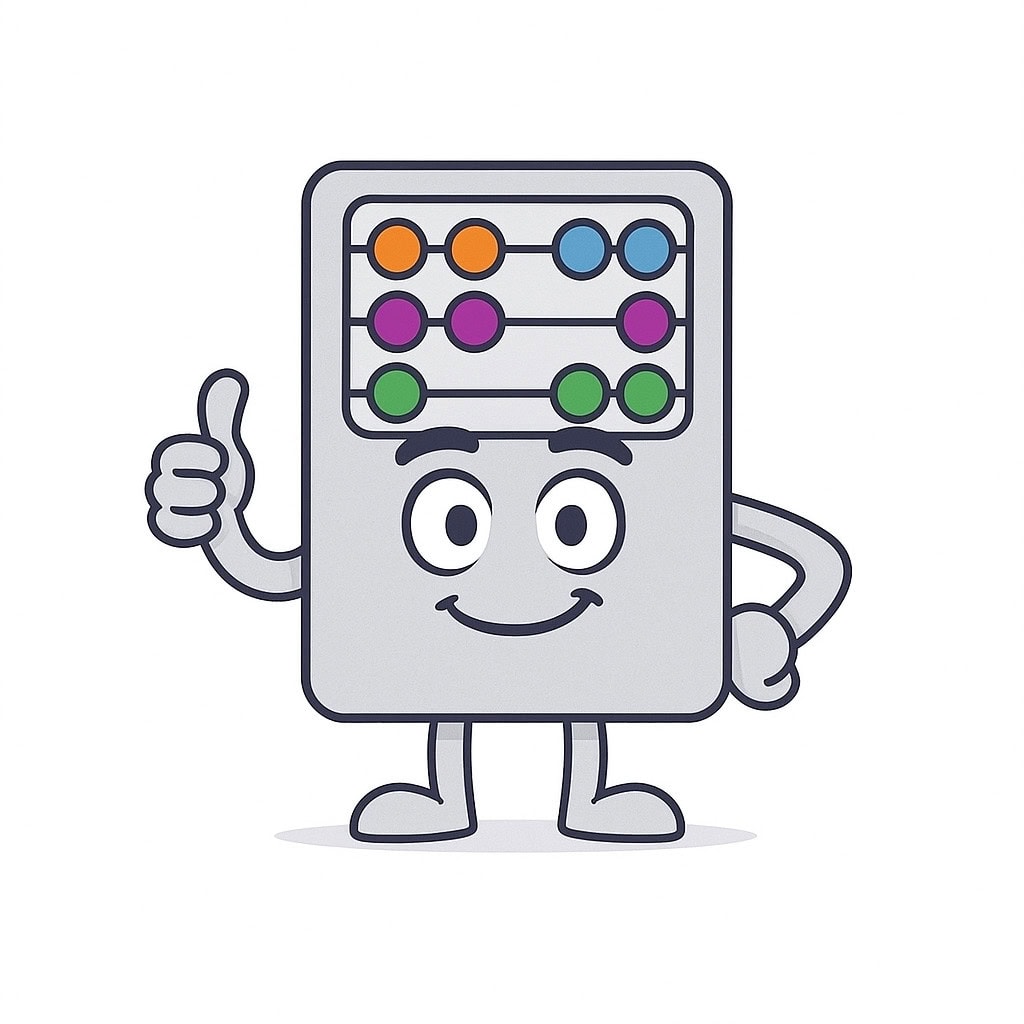Making Tax Digital: What It Means for Your Business
Making Tax Digital (MTD) is one of the UK government’s most significant changes to the tax system in recent years. Designed to make tax administration more effective, efficient, and easier for taxpayers, MTD is transforming how businesses, sole traders, and landlords handle their tax affairs.
But what does Making Tax Digital really mean—and how does it affect you?
What Is Making Tax Digital?
Making Tax Digital is a government initiative launched by HMRC (HM Revenue & Customs) to modernise the UK tax system. The goal is to reduce errors, simplify tax processes, and make it easier for individuals and businesses to keep on top of their tax responsibilities using digital tools.
The first phase of MTD began in April 2019, focusing on VAT. Eventually, MTD will apply to Income Tax Self Assessment (ITSA) and Corporation Tax.
Who Does It Apply To?
As of now:
- MTD for VAT is mandatory for all VAT-registered businesses, regardless of turnover.
- MTD for Income Tax Self Assessment (ITSA) will apply from April 2026 to self-employed individuals and landlords with income over £50,000, and from April 2027 for those earning over £30,000.
- MTD for Corporation Tax is still in development, with no official start date yet.
What Do You Need to Do?
To comply with MTD, you must:
- Keep digital records of all your business transactions using MTD-compatible software.
- Submit VAT returns or tax data digitally to HMRC through your chosen software.
- Use bridging software if you’re still using spreadsheets, ensuring they connect to HMRC’s systems.
HMRC-approved accounting software includes platforms like Xero, QuickBooks, FreeAgent, and Sage—all of which support MTD filing and record-keeping.
Benefits of Making Tax Digital
While MTD may feel like added pressure at first, it brings several long-term advantages:
- Fewer mistakes: Digital records reduce the risk of errors that could lead to penalties.
- Time-saving: Automation streamlines tasks like invoicing, bookkeeping, and VAT submissions.
- Better financial insights: Digital tools offer real-time data, helping businesses monitor performance and manage cash flow.
- Improved organisation: No more piles of receipts or last-minute panic before deadlines.
How to Prepare
If you haven’t yet adopted MTD-compatible software, now is the time to do so. Start by:
- Reviewing your current record-keeping methods
- Choosing suitable cloud accounting software
- Speaking to an accountant or bookkeeper for guidance
Early preparation will help you transition smoothly and avoid any compliance issues when MTD requirements expand.
Final Thoughts
Making Tax Digital represents a fundamental shift in the way UK tax is handled. While it may require an initial adjustment, the long-term benefits—accuracy, efficiency, and better business visibility—make it a worthwhile change. By going digital now, you’re not just complying with the law—you’re also putting your business in a stronger position for the future.
Contact me if you have a question.
